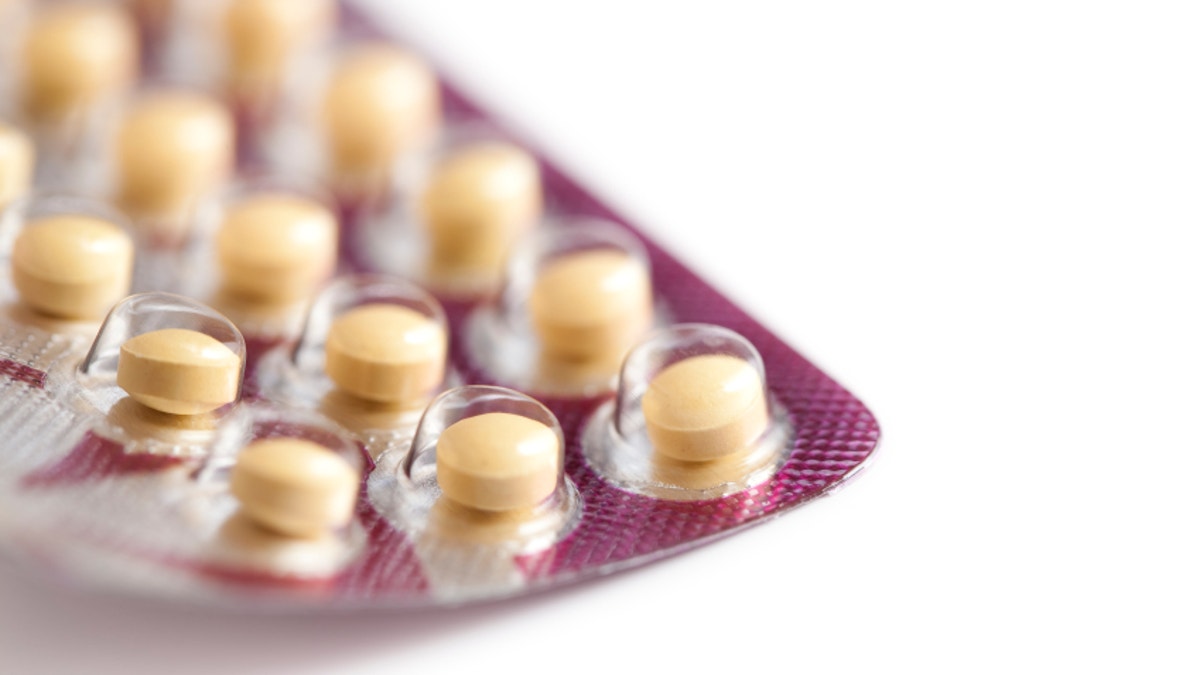
Women who take the acne drug isotretinoin (Accutane) must pledge to prevent pregnancy but often they lack thorough, accurate information about birth control methods, according to a new study.
For many young women with severe acne, this is their first real exposure to birth control education, and they aren’t getting the information they need, said senior study author Dr. Eleanor B. Schwarz of the University of California, Davis.
The drug is powerful, experts said, and better contraceptive counseling would make it available to more people who need it.
Four to five months taking prescription isotretinoin usually clears even severe acne that has not responded to other treatment. The drug can cause severe fetal brain, heart and face deformities when taken during the first trimester of pregnancy, however.
Between 1992 and 2003, more than 2,000 women became pregnant while taking isotretinoin, almost all ending in abortion or miscarriage. The U.S. Food and Drug Administration introduced the iPledge program in 2005, requiring prescribers to register, and female patients of childbearing age to qualify by pledging to use two forms of birth control and take doctor-administered pregnancy tests for two consecutive months.
With two negative pregnancy tests and a completed online comprehension test, the patient will be authorized to pick up her prescription, and has to return to the doctor for pregnancy tests every 30 days while taking the medication.
Schwarz and her team surveyed 100 women of childbearing age visiting a dermatologist’s office about their knowledge of eight contraceptive methods, asking them to rank the methods’ effectiveness.
Then the women reviewed an information sheet about the contraceptive methods that the researchers had specially designed, and retook the effectiveness survey.
More than half of the women surveyed said they had seen a physician for acne problems in the past year, and 11 women said they had ever used isotretinoin.
Before viewing the information sheet, most women overestimated the effectiveness of birth control pills, injections and condoms. A third had never heard of contraceptive implants and 16 percent had not heard of intrauterine devices, which are by far the two most effective options, Schwarz noted.
On average, the women spent less than one minute looking at the information sheet, but the number who answered effectiveness questions correctly increased on almost every measure for the second survey.
Among the participants who had used isotrentinoin, five said the most effective contraceptive method they used while on the drug was the Pill, two said it was the IUD, three said “None” and three did not answer the question.
The information currently provided in the 20-page iPledge packet is out of date, and includes abstinence in its list of contraception options, Schwarz told Reuters Health by phone.
As she and her team developed the information sheet in Pittsburgh, they saw that abstinence was among the most common methods people would use.
“If you forget that you are using abstinence, that’s out the door,” she said.
Schwarz would like to see the iPledge material updated.
“The thing that doesn’t really make any sense is there’s only some methods that you can use in combination, you can’t have two IUDs,” Schwarz said. “And there’s no evidence that doubling up on condom and diaphragm is more effective.”
Most contraception fails when the user forgets it, which is why methods that remove that responsibility are the most effective, she said.
The current iPledge system is cumbersome and does not work well, and has led to underprescription of this important medication, according to Dr. Marie C. Leger, a dermatologist at New York University who wrote an accompanying editorial in JAMA Dermatology.
After the implementation of IPledge at Kaiser Permanente, prescriptions to men dropped by 20 percent and by 36 percent to women, Leger told Reuters Health by email.
Isotretinoin is the only real acne “cure” and an important treatment option, she said.
“Isotretinoin is not usually indicated for mild acne but if I have patients who are developing scars, who have severe cystic acne, or who have failed multiple other treatments I want them to know that it is an option,” Leger said.
“I monitor all of my patients on the medication very carefully - and while it certainly does have serious risks, it really is a life changing medication for many people,” she said.








































